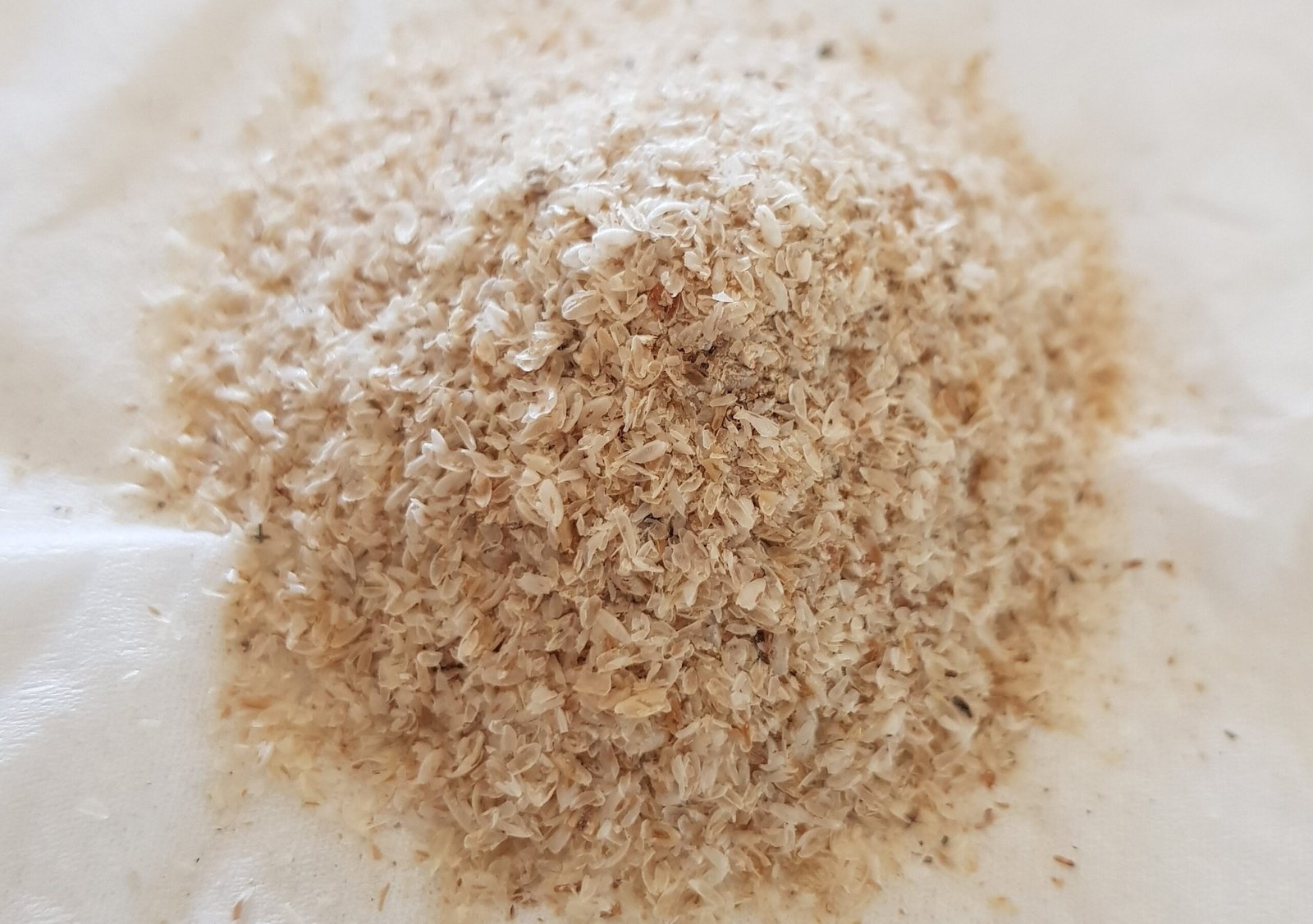Isabgol, also known as psyllium husk, is a natural fiber supplement that comes from the seeds of the Plantago ovata plant. For centuries, it has been used in traditional medicine, especially in South Asia, as a simple and effective remedy for digestive problems. Today, it is one of the most popular natural supplements for treating constipation, improving bowel movements, and supporting gut health.
While it is often praised for its benefits, many people are not aware that excessive or improper use can also cause health problems. Understanding the possible side effects of isabgol is essential so that you can enjoy its benefits without harming your body.
In this article, we’ll look at the hidden downsides of overusing Isabgol, why they happen, and how you can avoid them.
Side Effects of Isabgol (psyllium-husk)
1. Bloating and Gas
One of the first issues people notice when they start taking too much Isabgol is bloating or gas.
Since Isabgol is rich in soluble fiber, it absorbs water and expands in the gut. The natural bacteria in your intestines ferment this fiber, producing gas in the process. [1]
For some people, especially those not used to a high-fiber diet, this fermentation can cause discomfort, bloating, and flatulence. The feeling of heaviness or pressure in the stomach is often a sign that you may be taking more than your body can handle.
A simple way to reduce this problem is to start with small amounts and let your body adjust gradually instead of adding large doses all at once.
2. Dehydration Risk
Isabgol has a fantastic ability to soak up water and form a gel-like substance in the stomach. This property makes it effective in softening stools and easing constipation. However, if you take it without enough fluids, it may have the opposite effect.
When there isn’t enough water in the system, the husk can leave you dehydrated. Signs of this include dry mouth, fatigue, constipation, or feeling thirstier than usual. [2]
To prevent this, always drink a full glass of water with each serving of Isabgol and increase your daily fluid intake if you are using it regularly.
3. Intestinal Blockage

Although rare, one of the more serious Isabgol side effects is intestinal blockage.
Since it swells when it comes into contact with water, taking it in large quantities without enough fluids can make it clump together in the intestines.This can lead to abdominal pain, cramps, and difficulty in passing stool. [3]
The risk is higher in elderly people or those who already have digestive problems, such as narrowing of the intestines or chronic constipation.
If you experience severe stomach pain or trouble with bowel movements after using Isabgol, you should seek medical attention immediately.
4. Allergic Reactions
While most people tolerate Isabgol well, some may develop allergic reactions.
These are uncommon but can be serious. Symptoms may include itching, skin rashes, swelling, sneezing, or even breathing difficulties in extreme cases. [4]
If you suspect you are allergic to psyllium husk, stop taking it and consult a doctor right away. It is always better to test with a small amount if you are trying it for the first time, especially if you have a history of allergies.
5. Nutrient Absorption Issues
Isabgol works by slowing down digestion and forming a gel that traps food particles. While this helps regulate bowel movements, excessive use may interfere with the body’s ability to absorb essential vitamins and minerals. [5]
Over time, this can affect nutritional balance and cause deficiencies. For example, some studies suggest that too much fiber can reduce the absorption of calcium, iron, and zinc.
If you rely on Isabgol daily, it is essential to maintain a balanced diet and not substitute it for natural sources of fiber like fruits, vegetables, and whole grains.
6. Interaction with Medicines

Another critical concern is that Isabgol can interfere with how your body absorbs certain medications. Because it slows down digestion, it may reduce the effectiveness of medicines if taken at the same time.
Some common examples include:
-
Diabetes medicines can lower blood sugar, which may enhance the effect of your medication.
-
Thyroid medication. It may reduce absorption if taken too close together.
-
Blood pressure drugs can affect how they work in the system.
To stay safe, always take medicines at least 1–2 hours before or after consuming Isabgol. If you are on regular medication, consult your doctor before adding it to your routine.
7. Dependence on Isabgol
While Isabgol is excellent for occasional constipation, overuse can lead to dependence. When you use it daily in large amounts, your digestive system may become accustomed to it and less efficient in its normal functioning.
This means your natural bowel movements may become harder without it, which can create a cycle of dependency. It is better to use Isabgol as a temporary solution and focus on building healthy long-term habits such as drinking more water, exercising, and eating fiber-rich foods.
Precautions to Reduce Side Effects
The good news is that most of these problems can be avoided with the proper precautions. Here are some practical tips:
-
Always drink plenty of water when using Isabgol. A full glass is necessary for each serving.
-
Stick to the recommended dosage and avoid taking large amounts.
-
Increase gradually if you are new to fiber supplements, to give your gut time to adjust.
-
Consult your doctor if you are on medication, elderly, or have existing health conditions.
-
Balance your diet by eating natural fiber sources instead of relying only on supplements.
- Disclaimer: This article is for educational purposes only and should not replace medical advice.
Conclusion
Isabgol is a natural and effective remedy for digestive health, but like any supplement, it comes with risks if used carelessly. The side effects of isabgol include bloating, dehydration, intestinal blockage, allergic reactions, nutrient absorption problems, interactions with medicines, and even dependence if taken for too long.
Being aware of these issues can help you use Isabgol more responsibly. Remember, moderation and proper usage are the keys. If you are unsure about how much to take or whether it is safe for you, it is always best to consult a healthcare professional.
By respecting its power and using it wisely, you can enjoy the benefits of Isabgol without suffering from unwanted problems.
- Written by Asaan Ilaj, passionate about natural remedies and health traditions. This article is based on personal experience and references from medical sources
- Sources: Healthcom, Wikipedia, Pharmeasy. in, drugs.com, line.

